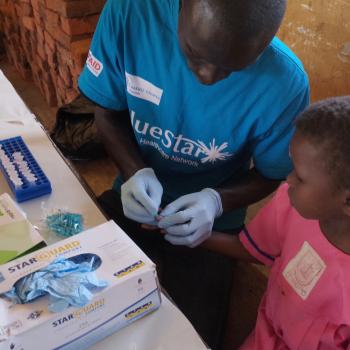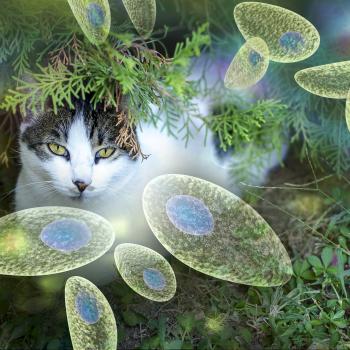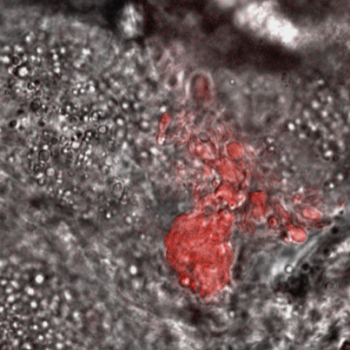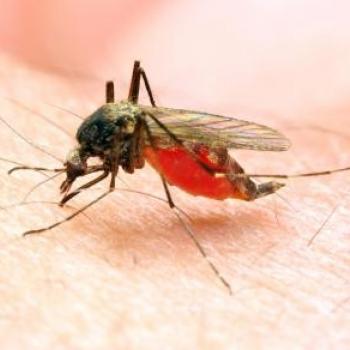A parasite is an organism such as a protozoan that lives on or in a host organism, and gets its food from or at the expense of its host. There are three main classes of parasites that can cause disease in humans:
- protozoa - single-celled microscopic animals, which include amoebas, flagellates, ciliates, sporozoans, and many other forms.
- helminths (worms), and
- ectoparasites (such as a flea).




